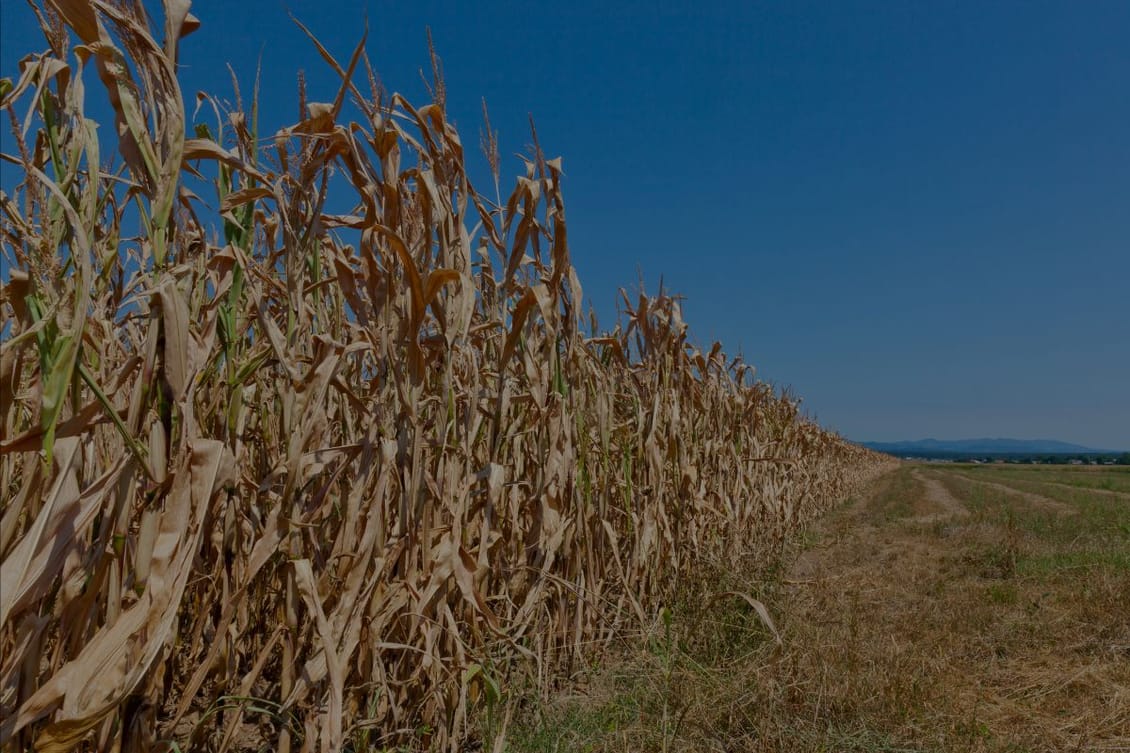
Food production has a close relationship with the weather. Most crops thrive in specific growing conditions, but extreme weather events are causing shocks – severely affecting crop yields, and disrupting the availability of food in regions around the world. And livestock management, too, is dependent on predictable weather conditions to enable high quality care and nutrition.
As reported by NASA, weather events including floods, droughts, and heat waves are increasing in frequency and intensity. High temperatures at night have affected crucial corn yields across the US corn growing regions, and warm winter weather across countries is causing crops to bud early – so the plants don’t survive.
With climate change, we can expect an increase in the frequency of heavy rain, and this also has a serious impact on crop growth. It erodes soil and depletes soil nutrients, so farmers have to battle against difficult growing conditions.
Extreme weather events and warming temperatures are driving a chain reaction of events that have the potential to lead to severe food and water shortages. And the concerns are not hypothetical. Over the last year, we’ve seen:
It’s a pattern around the world: normal food production is suffering a serious impact as a result of unpredictable and extreme weather. As a result, F&B companies have to rethink their strategies and operations; and it’s likely that weather conditions will reshape food production, distribution, and consumer behaviour into the future.

As a major contributor to global greenhouse gas emissions, the F&B industry is under increasing pressure to expedite its transition to sustainable practices. And at the same time, there’s growing pressure to innovate in order to protect food security – and business stability – in the face of unpredictable weather conditions.
The stability of the world’s food system depends on the agility and innovation of F&B.
We’re seeing F&B businesses of all sizes (from fledgling startups to established incumbents) implementing strategies including:
Conditions are not easy. But the F&B industry is adaptable – with industry leaders and entrepreneurs developing new solutions to protect food security in spite of an increasingly unpredictable environment.
Register now to attend InFlavour 2024 happening from October 1-3 at Riyadh Front Exhibition and Conference Center (RFECC).
Take your seat at the InFlavour table, a government-backed and world-leading B2B food event by Tahaluf.
E-mail address SubmitWant to keep up to date with all our latest news and information? Enter your name below to be added to our mailing list.
E-mail address Submit